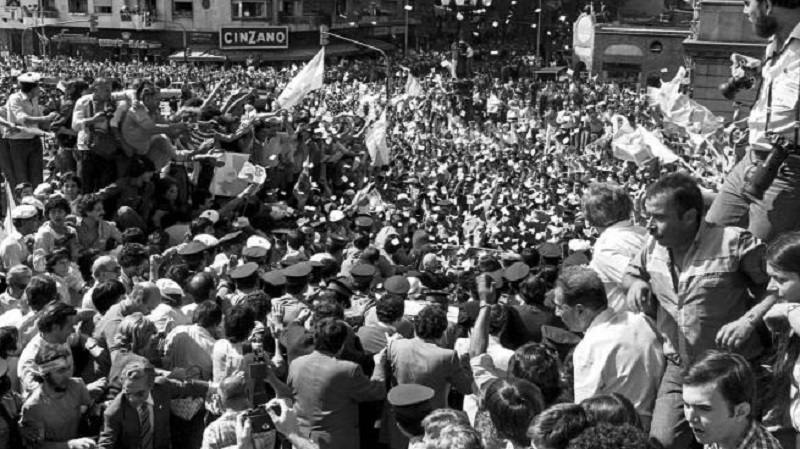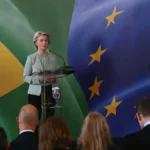
The anniversary of the fall of the dictatorship and the clear course of four decades. Editorial of “El Círculo Rojo”, a program on La Izquierda Diario that broadcasts on Thursdays from 10 p.m. to midnight on Radio Con Vos, 89.9.
See this post on Instagram
Politics / Democracy / The Red Circle
Source: www.laizquierdadiario.com

